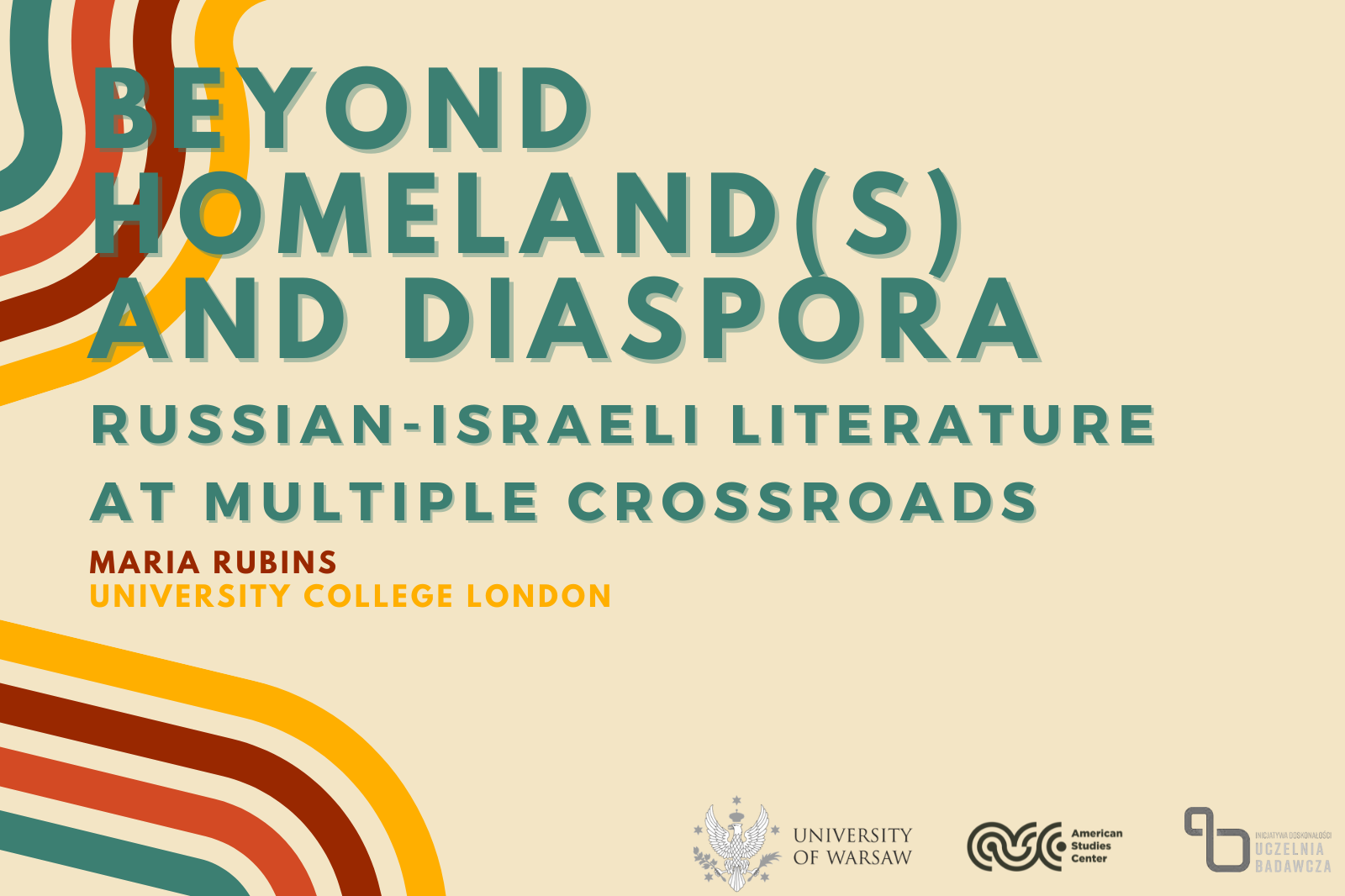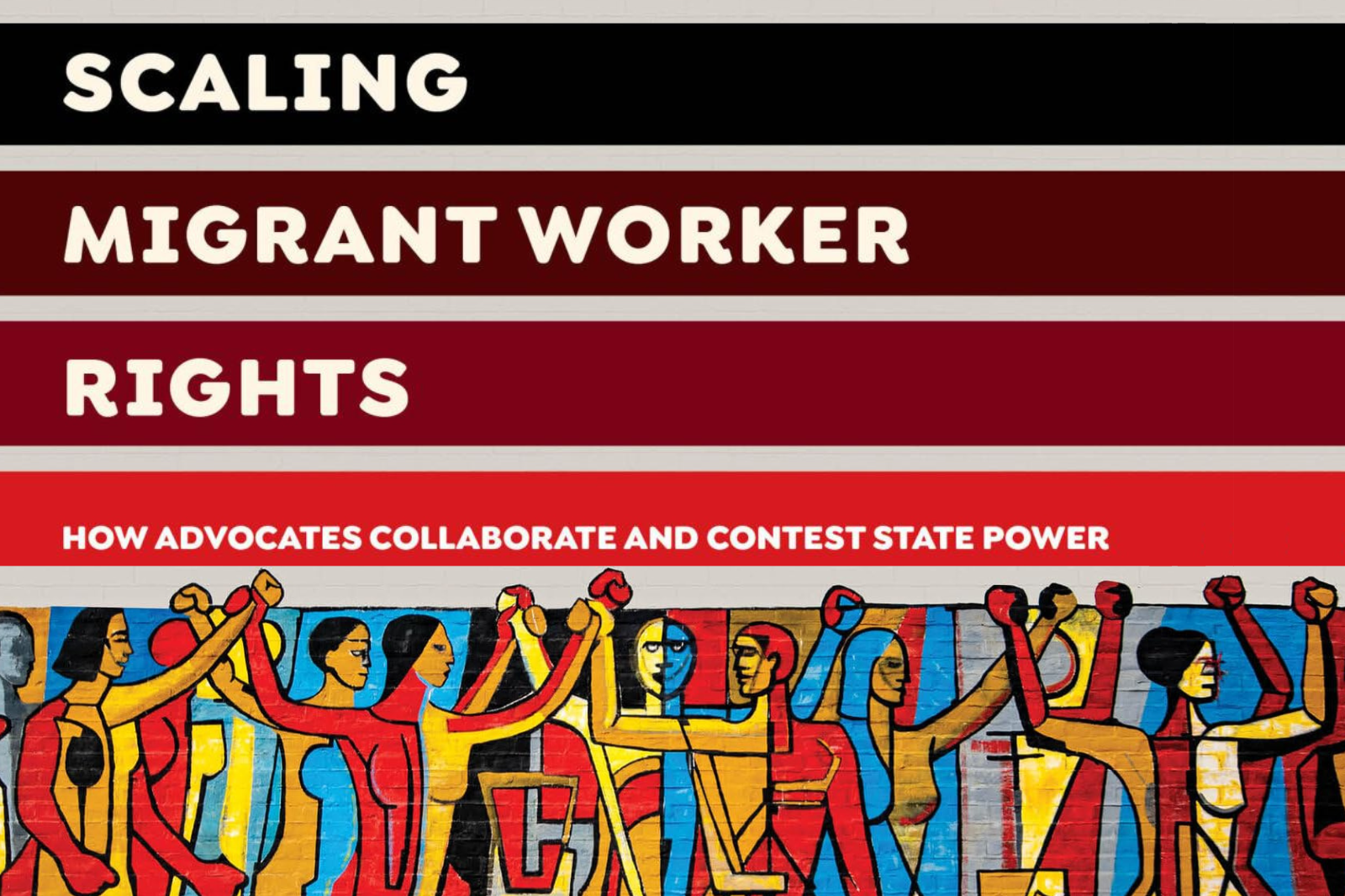We are pleased to invite you to the fifth lecture of the American Studies Colloquium Series in the 2023/2024 Fall semester
Kamil Lipiński
(University of Łódź)
Modernism from Nordeste. From „Essa Negra Fulô” to surrealist photomontages by Jorge de Lima
Thursday, January 11, 2024
at 4:45 p.m.
You can get 3 OZN points for participating in this event.
Where?
Dobra 55, room 2.118
(the building features some mobility accommodations: ramp and lift)
What?
The aim of this research is to unveil the most important tropes in the surrealist works of Jorge de Lima, an important figure in Brazilian modernist surrealism, representative of modern Brazilian literary vanguard. In this lecture I want to dwell on the literary and visual works by a poet who grew up, gained maturity, yet remained an independent and isolated figure in Brazilian Nordeste. A famous poet known by his Poemas Negras, marked by repretitions, alliterations, and assonances as secondary rhythms, less-known by his artworks, he investigated the forms of „Brazilianness” inspired by christian mysticism and surrealism. Beginning from the analysis of poetic work our concern is to shed a new light into his artistic works – photomontages created between 1930-1940 and reassembled in the book entitled Painting in Panic (br. A Pintura em Pânico, (1943). In his literary works, inspired by Andre Breton and Max Ernst de Lima articulated multiple surrealist techniques and themes such as: the chaotic phrase, happenstance, the theme of wild love, automatic writing, the importance of primitivism, the black arts, the strength of contradiction images. These tropes De Lima. partially recombined in the field of visual arts. Following collage technique introduced by Pablo Picasso and Georges Braque, brazilian poet implemented by using different cut out images to build unusual combinations of corporality and enigmatic messages maintained in black and white aesthetics. This poet of well-known poem „Essa Negra Fulô”exposes a dream-like world of modern world and demonstrates the compositions deprived of reality, imbued with absurdity to reverse the meanings and reveal particular mythological and philosophical themes encoded in the image structure. Making reference to freudian psychoanalysis De Lima exposes multiple facades of human personality split ambiguously. On a visual level, he creates an imagined world on the basis of parallelism and balanced combinations drew on cutting out etchings, disarticulating elements to give them unreal relationship. The photomontages taking quite often a form of diagonals seems to throw a bridge between stable construction of reality, architecture and costumes, and imaginative, oniric world presented as torn apart.
Who?
Dr. Kamil Lipiński is an assistant professor at the University of Łódź. He received his PhD at the Adam Mickiewicz University in Poznań. His first monograph. Mapowanie obrazu. Między estetyczną teorią a praktyką (eng. Image mapping. Between aesthetic theory and practice), examines the intricate relations between French philosophy, spatial turn and visual culture. He has published various pieces about aesthetics, cultural studies and audiovisual culture in SubStance. A review of theory and literary criticism, Kultura Współczesna, Journal of Aesthetics and Culture, French Cultural Studies, Open Cultural Studies, Film-Philosophy, Cinéma & Cie. Runner-up in Postcolonial Studies Association/Journal of Postcolonial Writing PG Essay Prize 2019. Co-Chair of NECS Film-Philosophy Workgroup. Lipiński is currently working on the collective volume, Derrida and Film Studies (edited with Andrzej Marzec), for Brill Publishing House and Sensitive Aesthetics of Jean-Luc Nancy and the moving images (edited by Zsolt Gyenge) for Edinburgh University Press.



